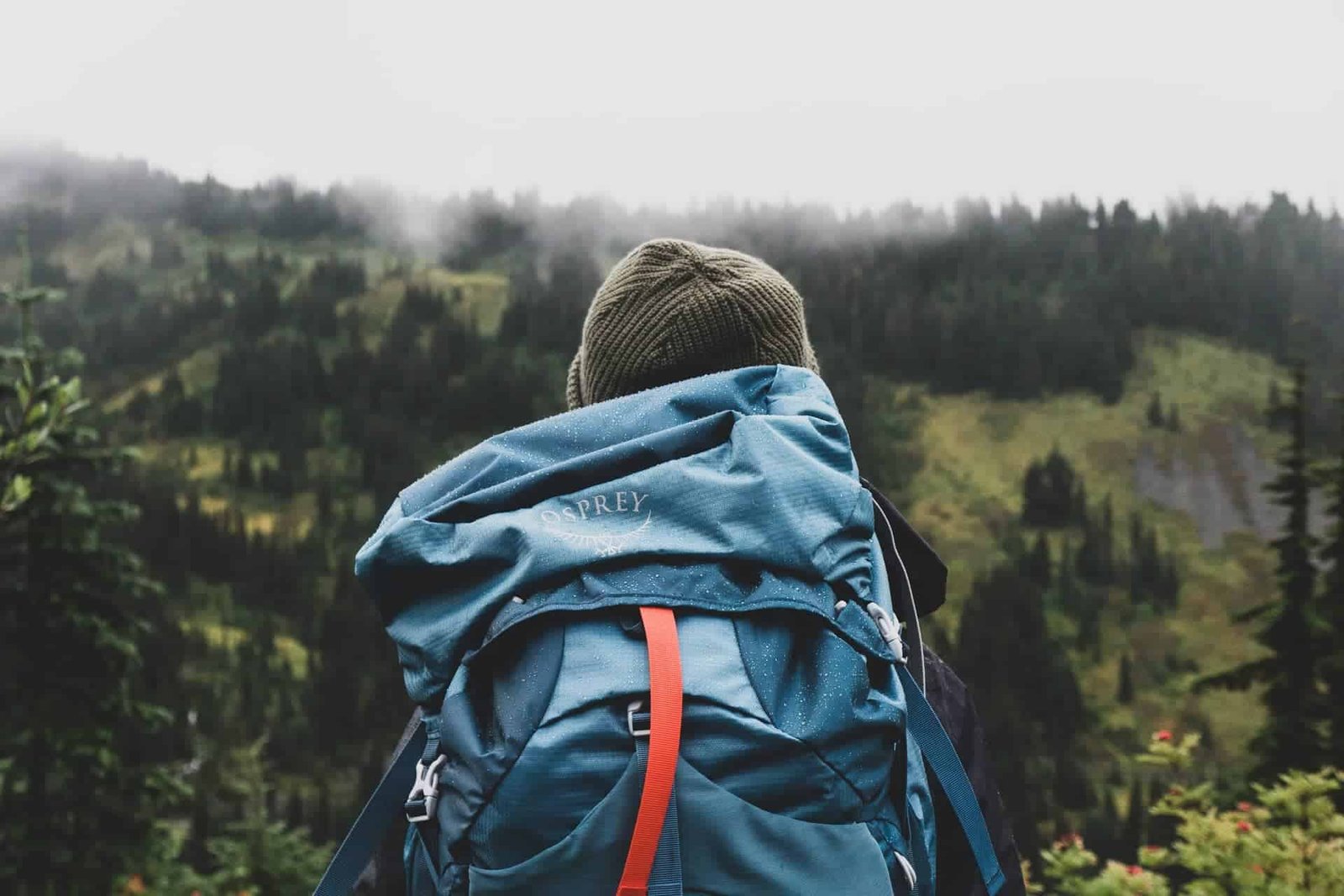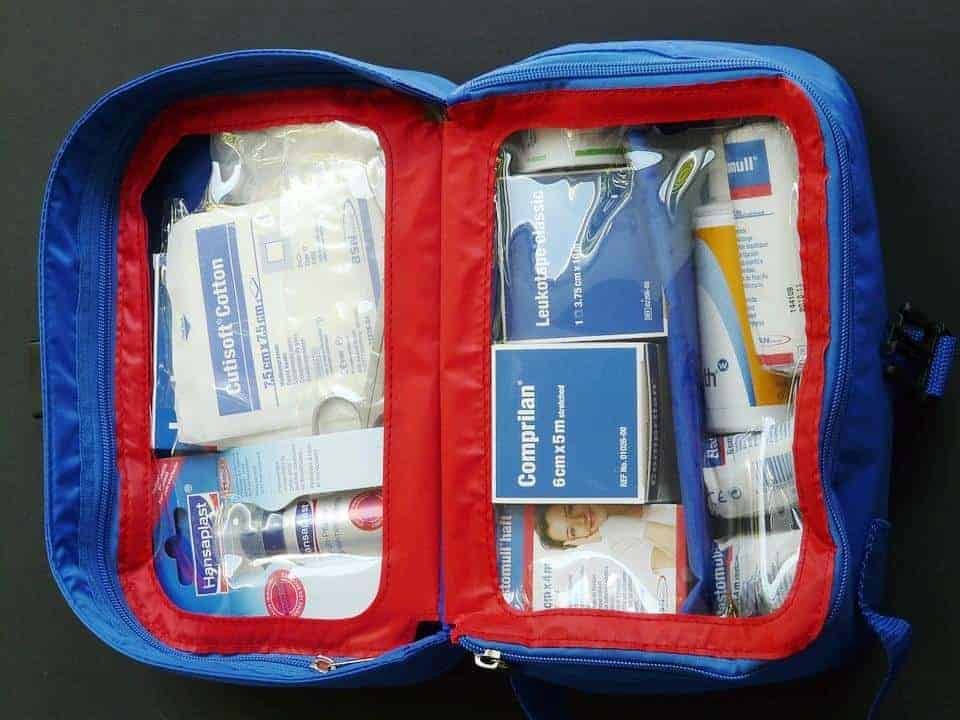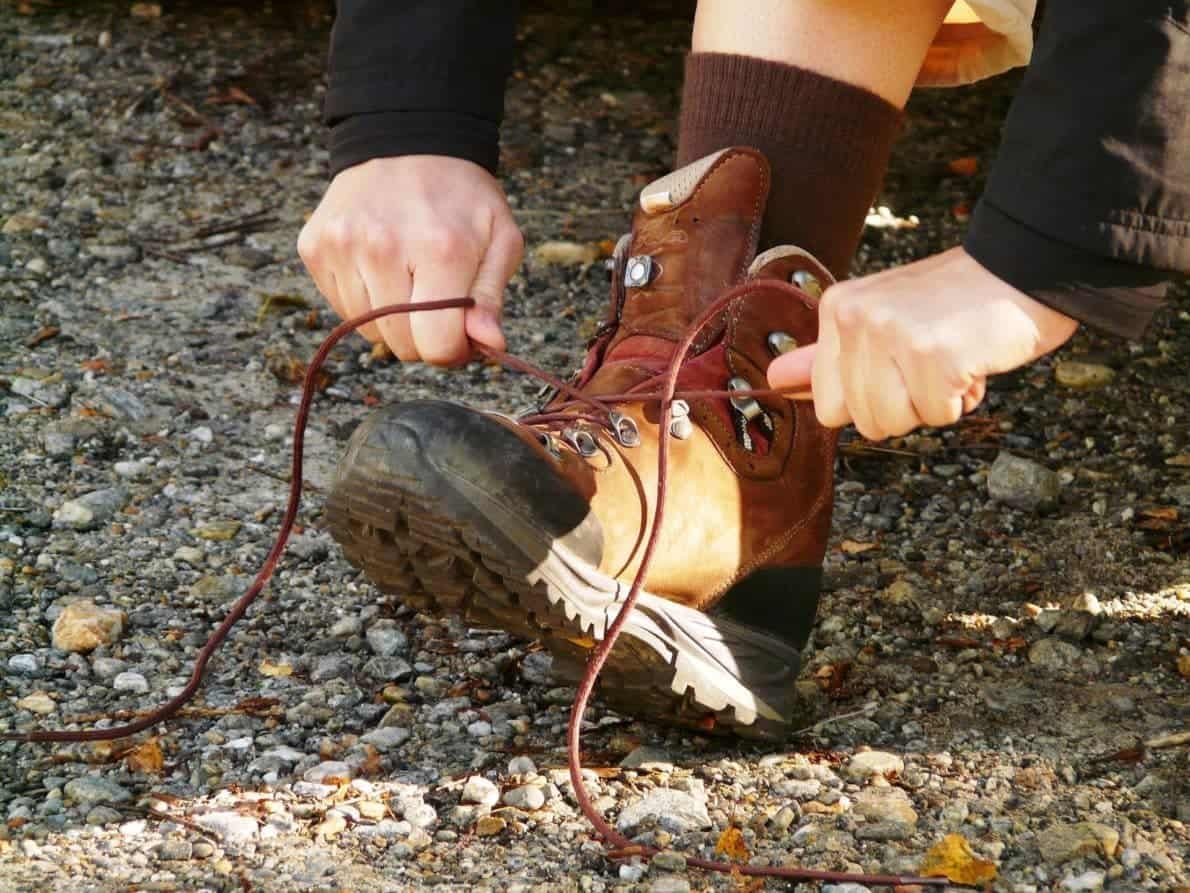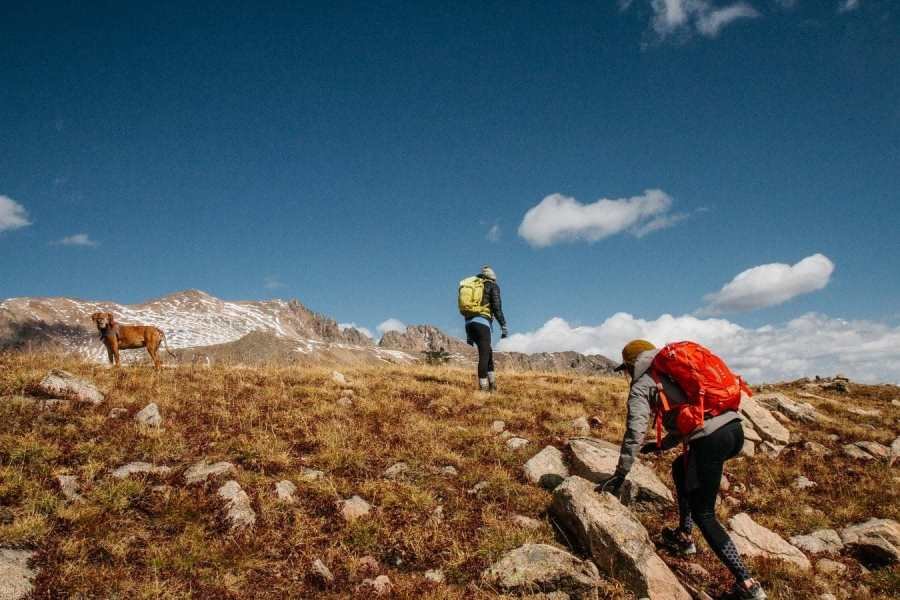Whether you’re an avid backpacker or you’re new to the world of hiking, you’ve probably got some idea of the basic medical supplies you’ll need for an excursion. Some of the most common items include a simple first aid kit and plenty of water.
But, basic first aid kits can fall short sometimes. They may not always have the supplies you need for a wider variety of issues.
Minor cuts and scrapes are one thing, and most medical kits are equipped to handle them. But, it’s crucial to be as prepared as possible when you’re backpacking. The last thing you want is to get injured or sick and not have the right supplies on hand.
So, what should you be including in your medical kit for backpacking? Let’s take a look at a few problems you might run into during your adventure, and what you should be carrying to help you (and anyone with you) get through and feel better.

Image Source: Unsplash
Be Prepared for Irritants
You never know what you’re going to run into when you’re on the trail or even stopping to make camp or take a break. If you’ve been backpacking for a while, you might have a bit more knowledge of what to expect. But, surprises can happen – even bad ones!
You might not be able to prevent certain irritants from “bugging you”. But, you can combat everything from stings to bites by carrying a few crucial supplies. Your essential items should include both preventative and reactive means to take care of bites, stings, and more. With that in mind, make sure you have the following in your kit:
- Mosquito repellent
- Peppermint oil (to remove ticks)
- Insect sting treatment
It’s also important to note that 5-7.5% of people will experience a severe allergic reaction from a bee sting. If you know you’re allergic or you’re not sure, make sure you pack an antihistamine in your kit to help with any swelling or other irritating symptoms.
Backpacking irritants can come in multiple forms – not just from insects. Everything from the harmful UV rays of the sun to pesky poison ivy can cause problems. Always pack sunscreen and make sure you reapply it regularly.
Poison ivy/poison oak treatment should be another essential in your kit, as well as a lotion with Aloe Vera to soothe your skin. These aren’t necessarily permanent solutions. But, they can offer a “quick fix” from pain and discomfort until you get back from your trip. Irritants are all over nature and they are often impossible to predict or control. Being as prepared as possible is your best option.
Take Care of Your Body

Image Source: Unsplash
It’s so important to take proper care of your physical health when you’re backpacking. Don’t wait until you’re in pain to take action. Instead, take precautionary measures by packing the right things in your medical kit, including:
- Ibuprofen/pain relief medication
- Antiseptic wipes
- Antibacterial ointment
- Eye drops
- Hand sanitizer
If you have an underlying illness or chronic pain, make sure you’re packing any necessary prescription medications, too. By stopping throughout the day to take your medication, you’ll also remind yourself to take a break and find other ways of experiencing relief from pain, including neck exercises, stretches, and even deep breathing to help you relax and release stress from your body.
Think about how you can take care of your body from your head to your toes. Some people experience headaches from the sun and heat, largely due to dehydration. In addition to drinking enough, make sure you have a headache medicine on hand that works for you.
Finally, make sure you’re taking care of your feet. They should be a priority when you’re spending the majority of your day walking. Unfortunately, many people forget about taking care of them until they start to hurt or cause problems.
Make sure your medical kit includes some type of blister treatment. It’s not uncommon to experience blistering, especially if your feet get sweaty or wet. Extra pairs of socks are important, too, but those should be in your backpack already.
You should also keep a pair of tweezers and clippers in your kit. While investing in good hiking shoes or boots is crucial, you still might end up stepping on something that causes damage. Or, you could stub your toe on a rock or trip on something. Thinking about broken toenails or small pieces of debris in your foot isn’t exactly pleasant. But, you’ll be much better off when you have the right tools on hand to deal with those issues.
Settle Your Stomach
One of the worst things you can experience when you’re out on a trail is a bad stomach ache. In most cases, you can’t prevent one from coming on. So, it’s important to carry everything from anti-diarrheal medicine to antacid tablets in your kit. Rehydration salts are also important if you vomit or experience diarrhea, so you don’t become dehydrated.
If you have an underlying digestive condition like acid reflux or GERD, be prepared on your trek. Antacids, H2RAs, and PPIs are the most common ways to treat GERD. Talk to your doctor before you’re anywhere away from home to make sure you have the right medication on hand that can help with your symptoms.
Keep in mind, however, that medication isn’t a long-term solution for acid reflux. They can help to alleviate your symptoms on a short-term basis or for something like a trip. But, if GERD or other digestive issues are interrupting your life, mechanical repair may be needed. Make sure you’re not putting that kind of treatment off, so you can keep backpacking and hiking for years to come.
Take Extra Tools

You might not often think of having “tools” in your medical supply kit. But, once you’ve filled it with medications, bandages, and more, you’ll want supplies that will make keeping things clean and sterile easy. It’s also a good idea to carry tools that can help you in an emergency.
Not sure which tools you should bring along in your kit? Consider some of the following:
- Cotton swabs
- Sewing kit
- Duct tape
- Surgical gloves
- Pocket knife
- Whistle
As you can see, none of those options are especially large or heavy. That makes them perfect additions to any medical kit. They won’t weigh you down, but they can certainly add quite a bit to your kit, helping to ensure your safety.
When you’re packing up your kit, be sure to understand the purpose of each tool – as well as any medications, ointments, and bandages. If you’re unsure how to use something or how it should be applied, bring instructional cards for each supply. “Overpreparedness” isn’t a word that should be in your vocabulary when it comes to having the right solutions in your kit for any situation.
Before you head out for your next backpacking adventure, keep these medical kit ideas in mind. You can buy a pre-made kit, or you can create your own with the more specialized gear and tools described above. The better prepared you are now, the more confident you’ll feel on your hike. No one wants to think about getting injured or sick. But, it does happen. Having the right supplies on hand will make a big difference in how you handle those situations for yourself or your backpacking companions.
Author Bio:

CONTRIBUTOR: Luke Smith
Words about contributor of this Article: “Luke Smith is a writer and researcher turned blogger. Since finishing college he is trying his hand at being a freelance writer. He enjoys writing on a variety of topics but lifestyle and outdoor topics are his favorite. When he isn’t writing you can find him traveling, hiking, or gaming.”




